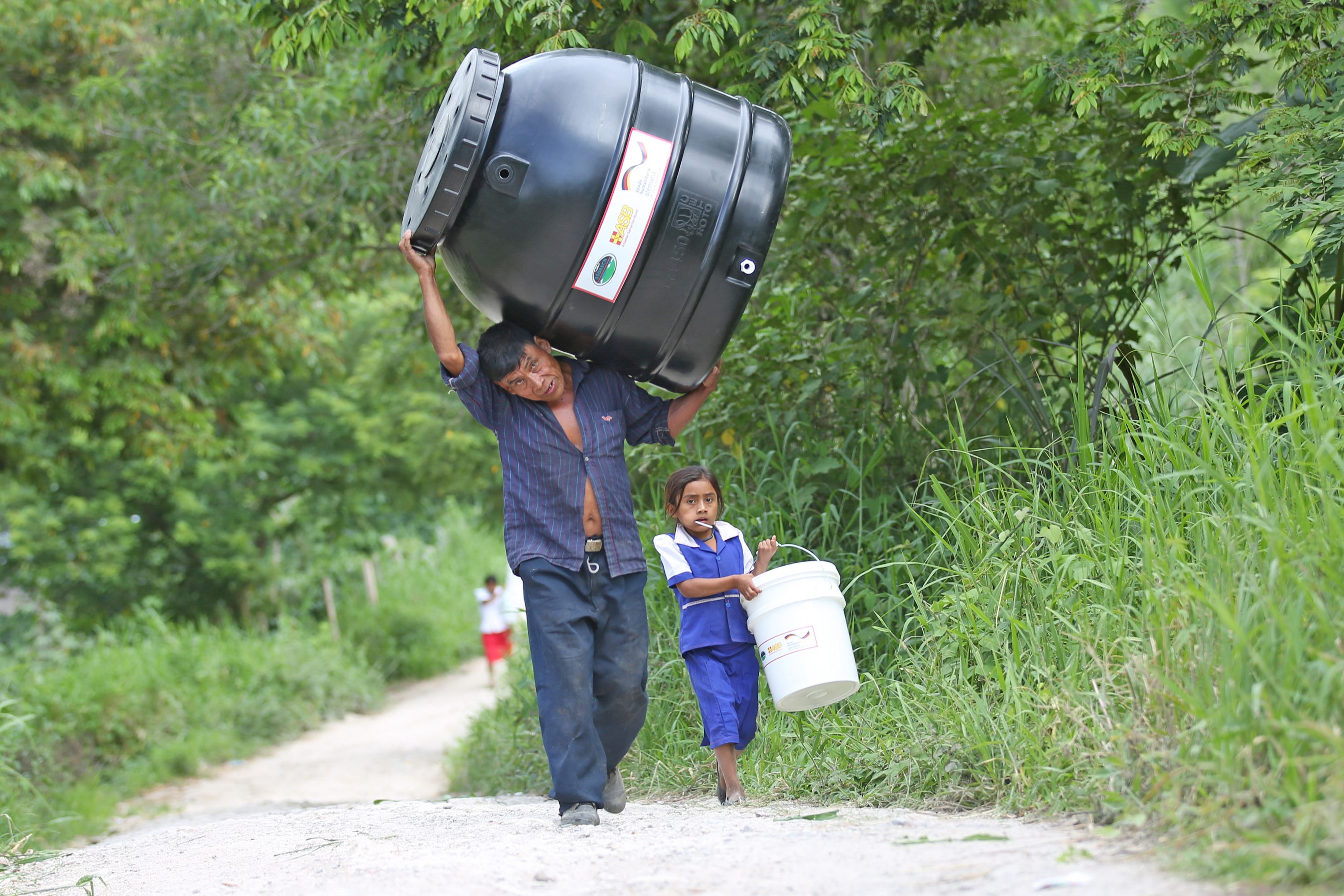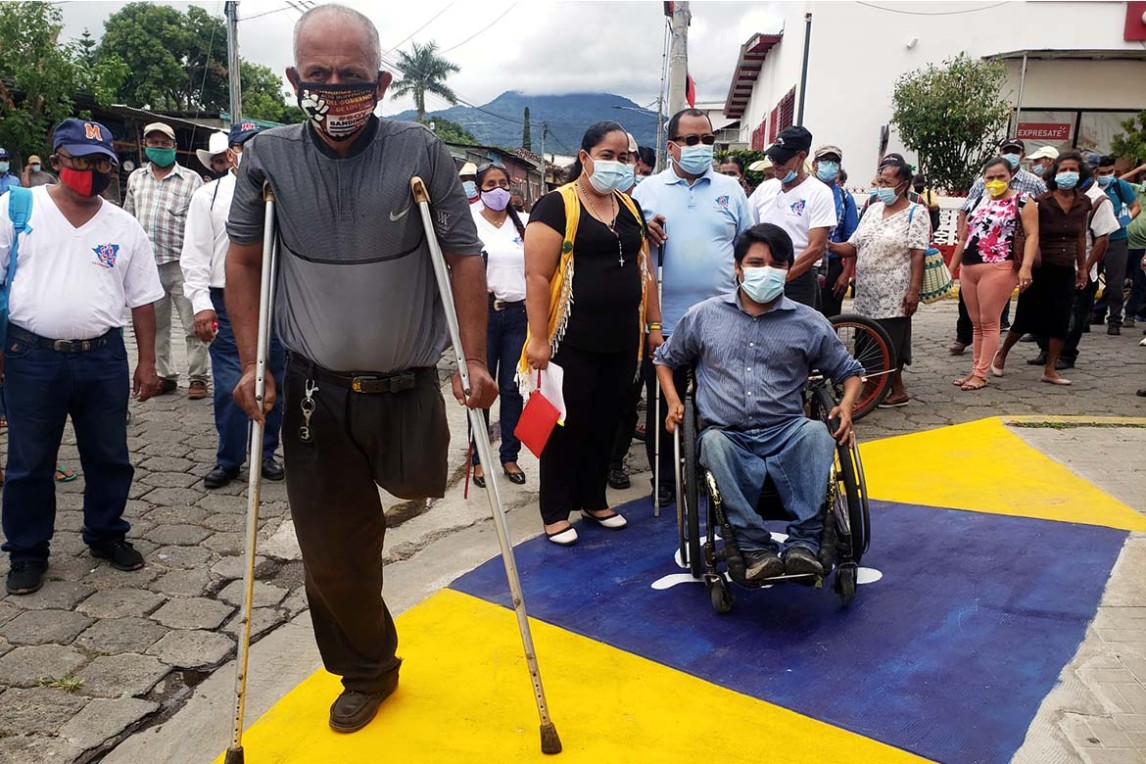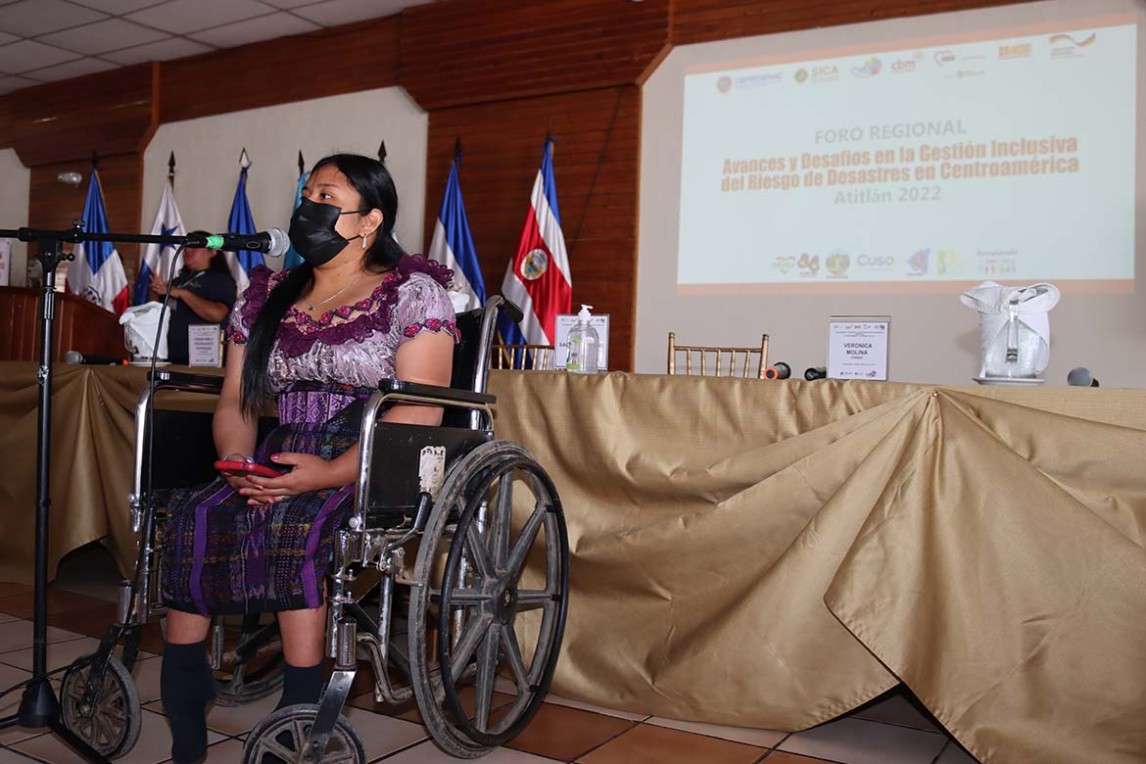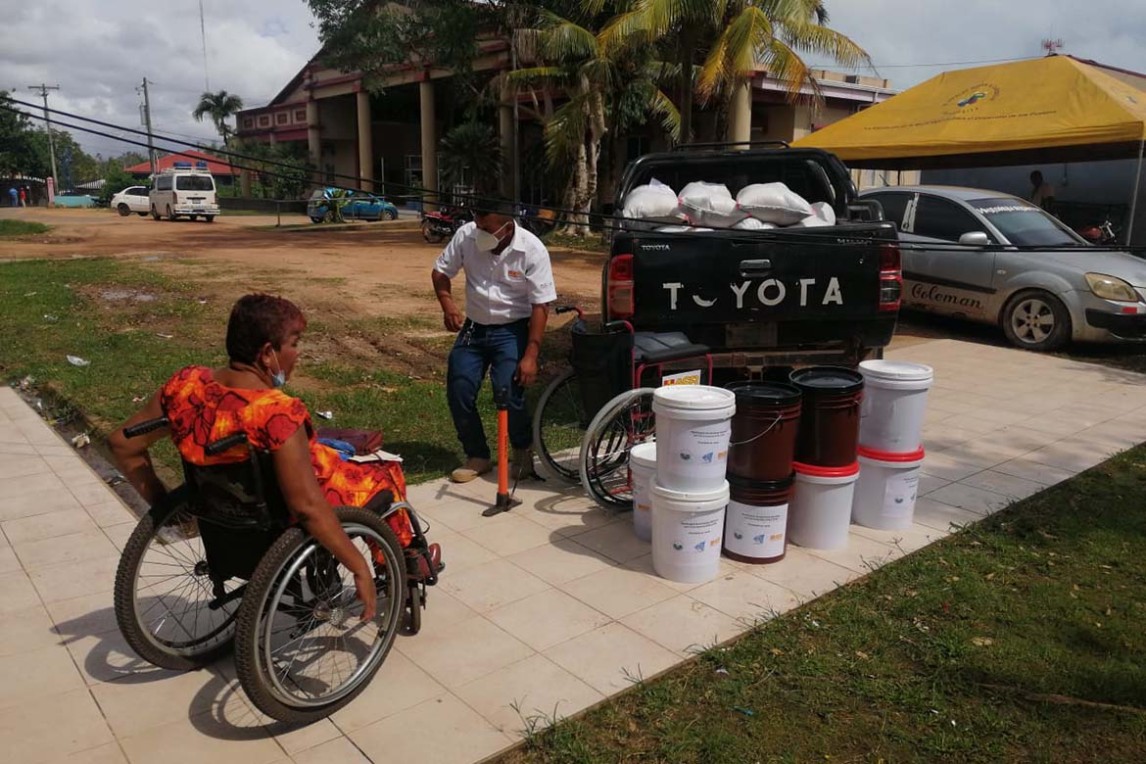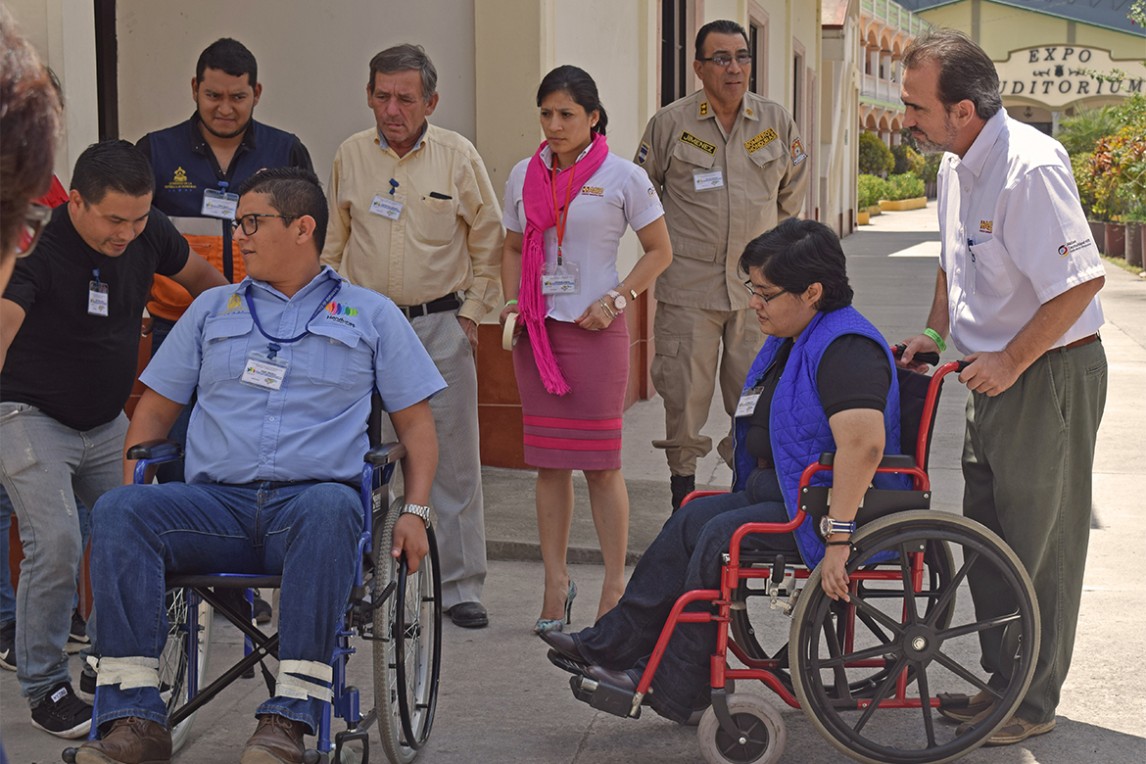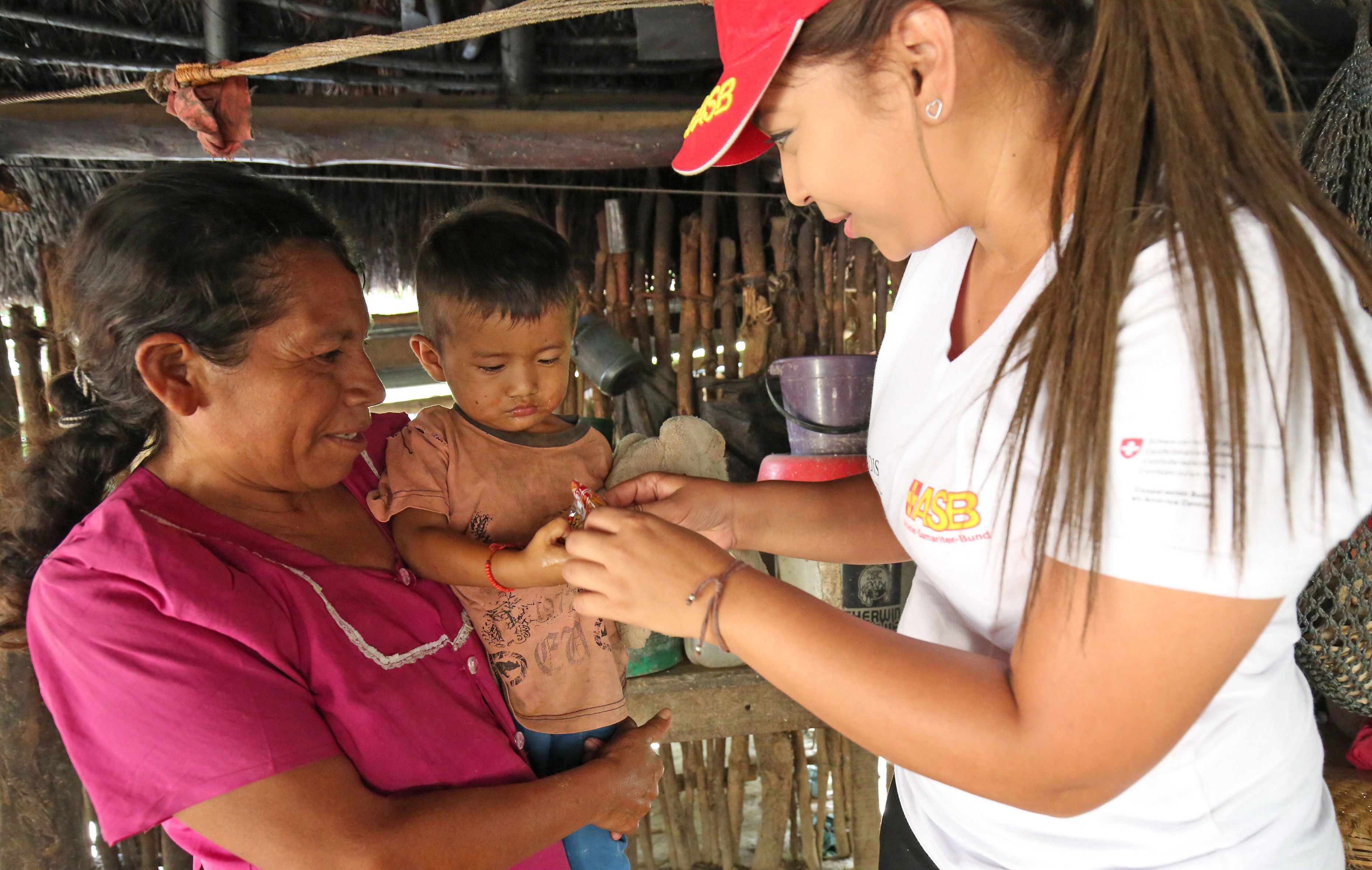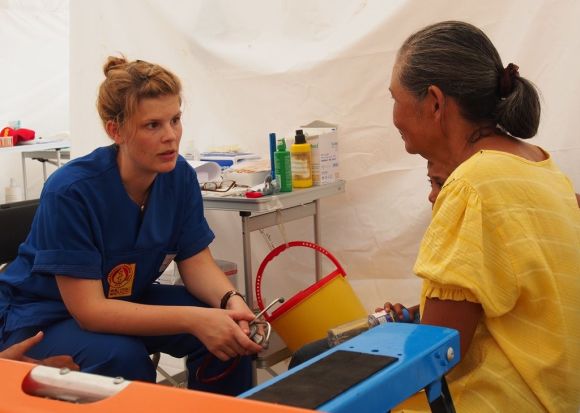-

Project title: People with disabilities as the focus of humanitarian disaster risk reduction
-

Project region: Nicaragua, Colombia, Niger, Zimbabwe, Uganda, Bangladesh, Myanmar, Indonesia
-

Project financing: Federal Foreign Office and own resources of the partner organisations (Christoffel-Blindenmission e.V., Malteser Hilfsdienst e.V., Centre for Disability in Development, International Disability Alliance)
-

Project volume: € 3,174,425.06
-

Project duration: 01/05/2021 - 31/12/2023
-

Target group: between 5,000 and 5,500 people per country in disaster-prone communities (in Nicaragua), key actors in the areas of disaster risk reduction and humanitarian aid
